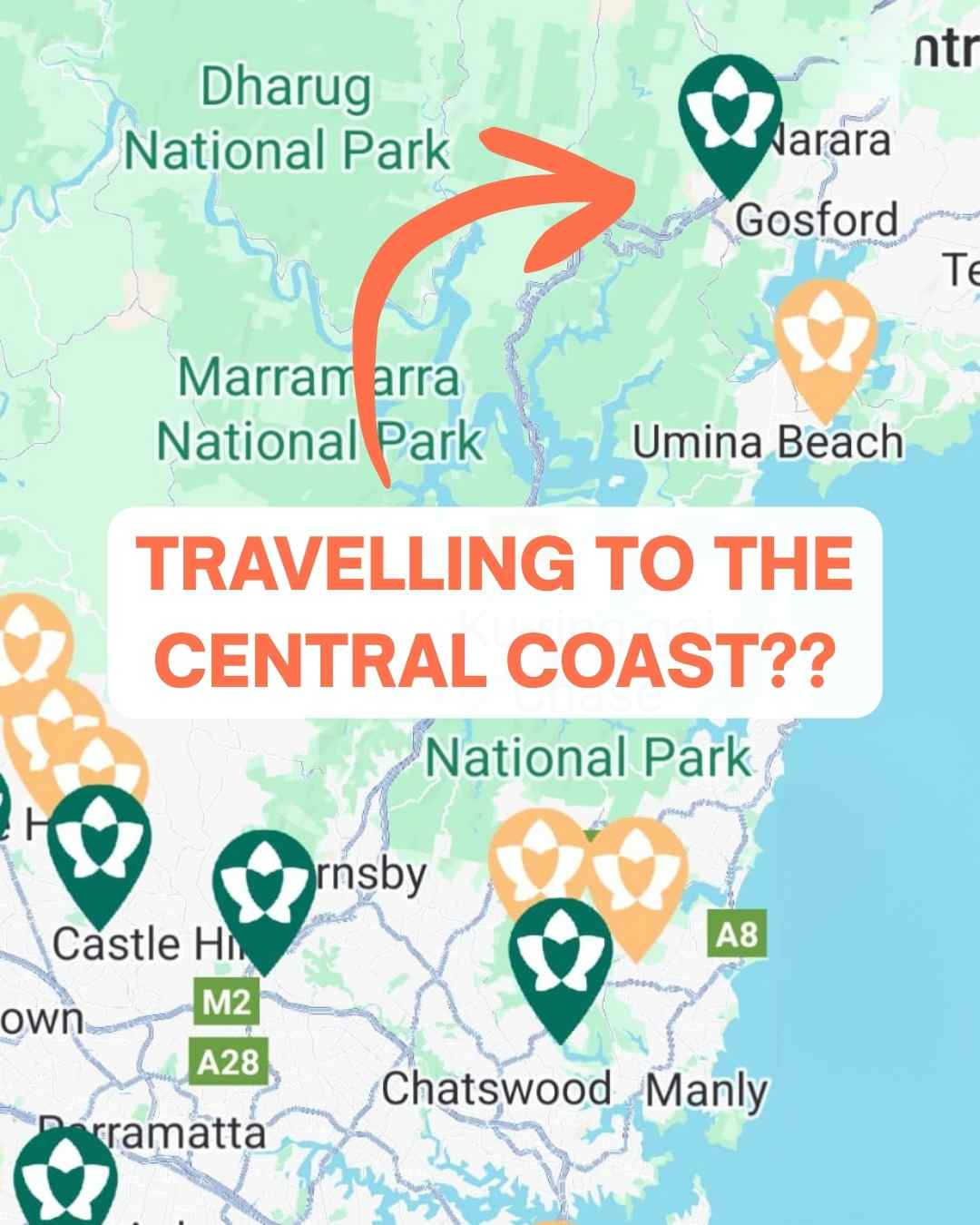
As electric vehicles (EVs) become more prevalent on Australian roads, the demand for accessible and convenient charging options continues to grow. Traditional charging stations, while useful, often face limitations such as location scarcity, long wait times, and high setup and maintenance costs. This is where Ivygo comes in. Ivygo is a peer-to-peer (P2P) EV charging network that offers a practical solution by enabling EV owners to share their private charging stations with others.
What is Peer-to-Peer EV Charging?
Peer-to-peer EV charging is a decentralised model that allows individuals to share their private charging stations with other EV owners. Think of it as the Airbnb for electric vehicle charging. Instead of relying solely on public charging infrastructure, EV owners can charge their vehicles at a neighbour’s home, a nearby business, or any location where a private charger is available and listed on Ivygo’s network.
How Does It Work?
The process is straightforward and user-friendly. Here’s a step-by-step breakdown:
1. Registration: Both EV owners and charging station hosts register on Ivygo’s platform.
2. Listing: Hosts list their available charging stations, providing details such as location, charging speed, availability, and pricing.
3. Booking: EV owners use Ivygo’s app to locate and book a nearby charging station based on their needs and preferences.
4. Charging: Once booked, the EV owner visits the host’s location and charges their vehicle. Payment is processed through the platform, ensuring a smooth and secure transaction for both parties.
5. Review and Rating: After the charging session, both the host and the EV owner can leave reviews and ratings, fostering a trusted community.
Benefits of Peer-to-Peer EV Charging with Ivygo
1. Increased Accessibility: P2P EV charging significantly expands the network of available charging points. This is particularly beneficial in suburban and rural areas where public charging infrastructure may be limited.
2. Convenience: With a broader network of charging points, EV owners can find convenient locations closer to their homes, workplaces, or frequent destinations. This reduces the need for detours and waiting times at busy public stations.
3. Community Building: P2P charging fosters a sense of community and collaboration. By sharing resources, individuals contribute to a sustainable future and support fellow EV owners.
4. Optimised Utilisation of Existing Resources: Many EV owners install home chargers that go underutilised. P2P charging allows these resources to be better utilised, providing hosts with an opportunity to earn passive income.
5. Environmental Impact: By making EV charging more accessible and convenient, P2P networks encourage more people to switch to electric vehicles, thereby reducing greenhouse gas emissions and promoting cleaner air.
The Future of P2P EV Charging

The rise of peer-to-peer EV charging networks is a notable shift in how we think about vehicle refuelling, and it’s already gaining momentum overseas. In countries like the United States and various European nations, P2P charging is becoming a popular and effective solution for EV owners.
With more people embracing electric vehicles, the demand for solutions like P2P charging will continue to grow. This model not only addresses the current limitations of public charging infrastructure but also offers a more sustainable and collaborative future.
Conclusion
In conclusion, peer-to-peer EV charging is a valuable development for the electric vehicle industry in Australia. By leveraging the power of community and technology, Ivygo provides a practical, cost-effective, and environmentally friendly solution to the growing need for EV charging options. Whether you’re an EV owner looking for convenient charging or a homeowner with an idle charger, joining Ivygo’s network could be the perfect move.
Are you ready to be part of the EV journey? Sign up with Ivygo today and experience the benefits of peer-to-peer EV charging firsthand.


